Why Runners Should Eat Beets
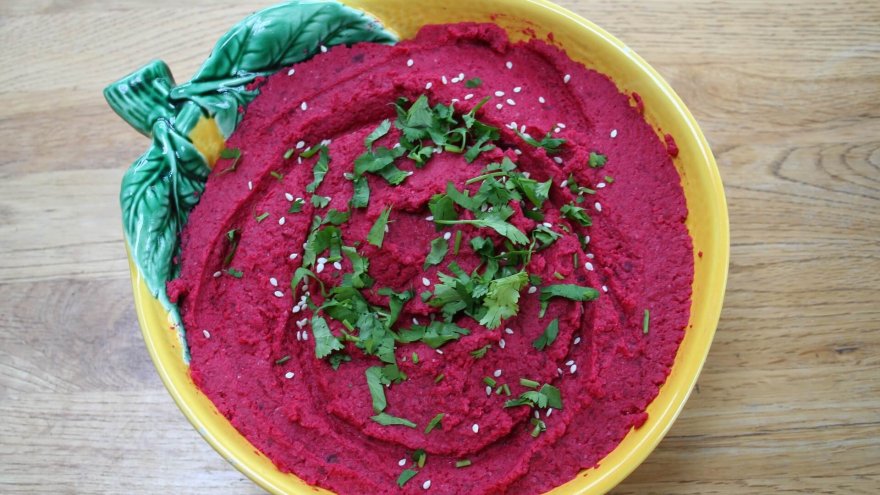
Every month or so, a new ‘superfood’ is ‘revealed’ in the world of sports and nutrition. Are these foods really super? Let’s take a closer look at one of the current favorites among modern sports enthusiasts – beets.
Also known as beetroot in some countries, beets are regularly used by several ultrarunners and competing athletes to give them a little bit of an endurance edge. The 2016 Olympic marathon gold medalist Eliud Kipchoge swears by them.
How much of an edge does it really give athletes, and is it worth it for the everyday runner to “take a beeting” every day? (Warning: not the only pun in this article.)
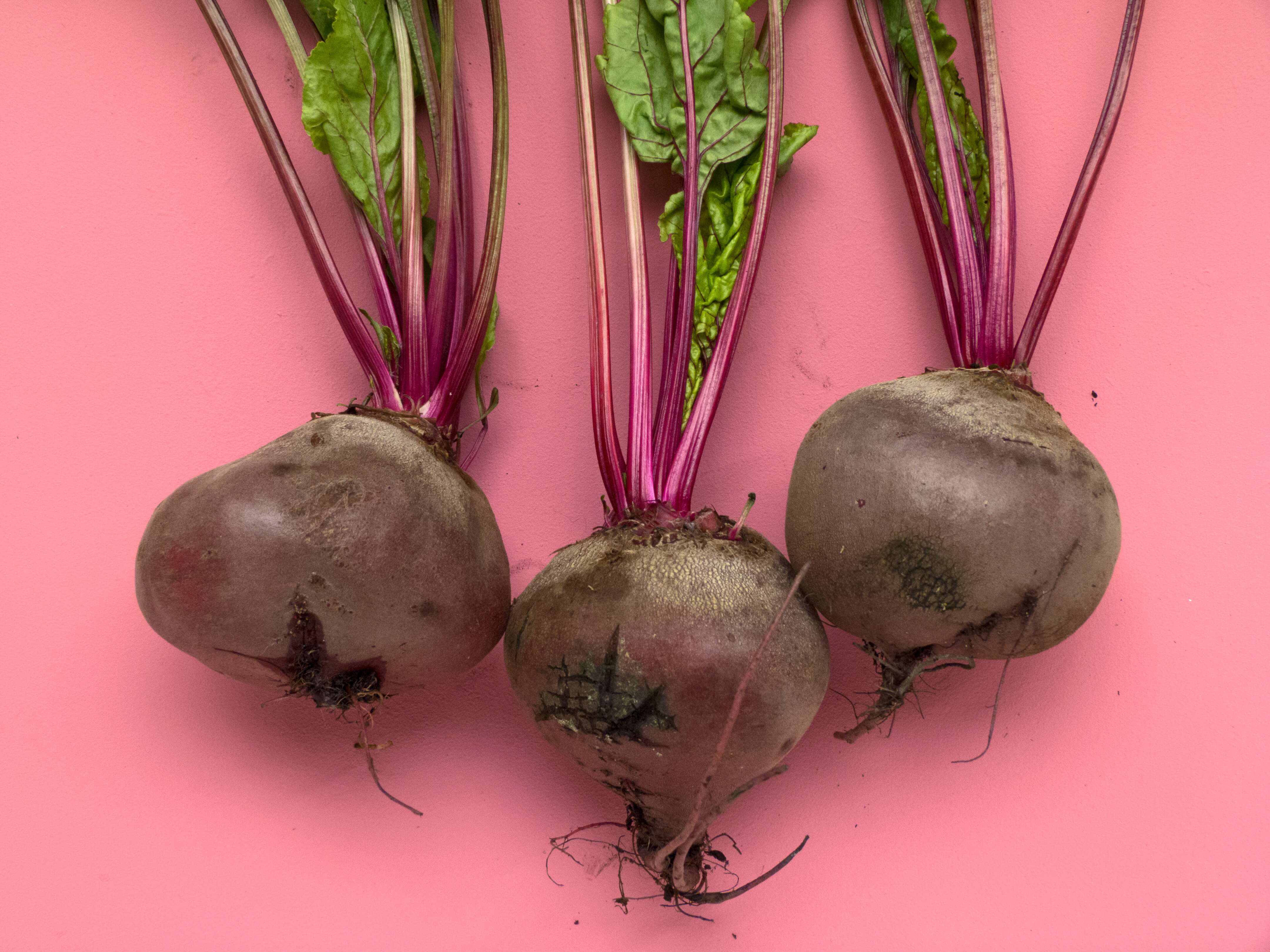
Why Are Beets So Special?
The particular part of this root vegetable that’s said to help you ‘beet’ your competition is the naturally occurring chemical called nitrate. All vegetables contain nitrates, but some more than others. Beets just happen to be at the top of a list that also contains leafy greens like kale, spinach, and arugula; celery, leeks, parsley, fennel, endives and more.
There are other delicious nitrates that are out there, and sadly these other processed food nitrates are no good for your health. You’ve probably heard of them before: these bad nitrates are sometimes found in packaged seafood, and often found in processed and cured meats (think bacon, prosciutto, salami, hot dogs, etc). To avoid confusion, you only need to remember that fresh raw foods contain the good nitrates.
How Do Good Nitrates Improve My Performance?
A study in 2012 found that eating 200 grams of whole beets before exercise improved the performance of the runners in the study. How?
Nitrates increase your vasodilation, or the ability of your blood vessels to increase their dilation capacity which in turn improves your blood flow. In short, nitrates increase the amount of blood flowing through your body. The hypothesis is that the nitrate found in beets improves your performance because it reduces the ‘oxygen price’ of high endurance exercise. It does this by enabling the mitochondria – found in almost all of the cells in your body – to burn less energy while still producing the same amount of force, allowing you to exercise for longer.
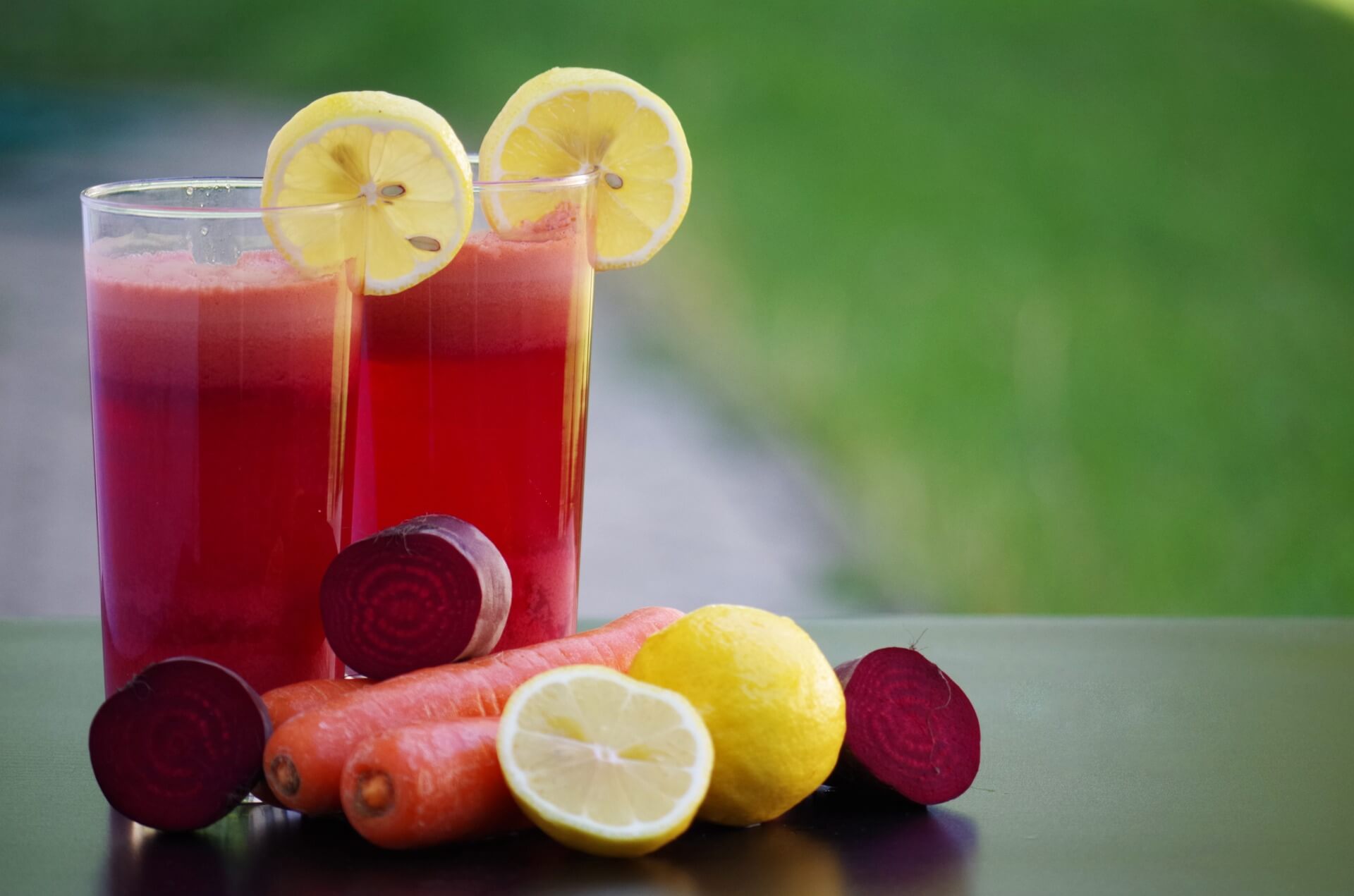
Mitochondria are known as the “powerhouses of the cells”. Their main role (among many other things) is to produce energy known as Adenosine triphosphate (ATP), described as the “molecular unit of currency of intracellular energy transfer”, which is a little bit of a mouthful to say. Without getting into too much detail, if you’ve forgotten your elementary school science like I did, it’s enough to understand that:
- Mitochondria live in the cells of all complex organisms, and
- Mitochondria manufacture roughly 90% of the chemical energy every single cell needs to stay alive.
- Therefore, as they say, mitochondria is life.
Recap: Beets contain naturally occurring, good nitrates. These nitrates improve your blood flow and help your mitochondria produce more energy for you, with less effort, allowing you to exercise longer.
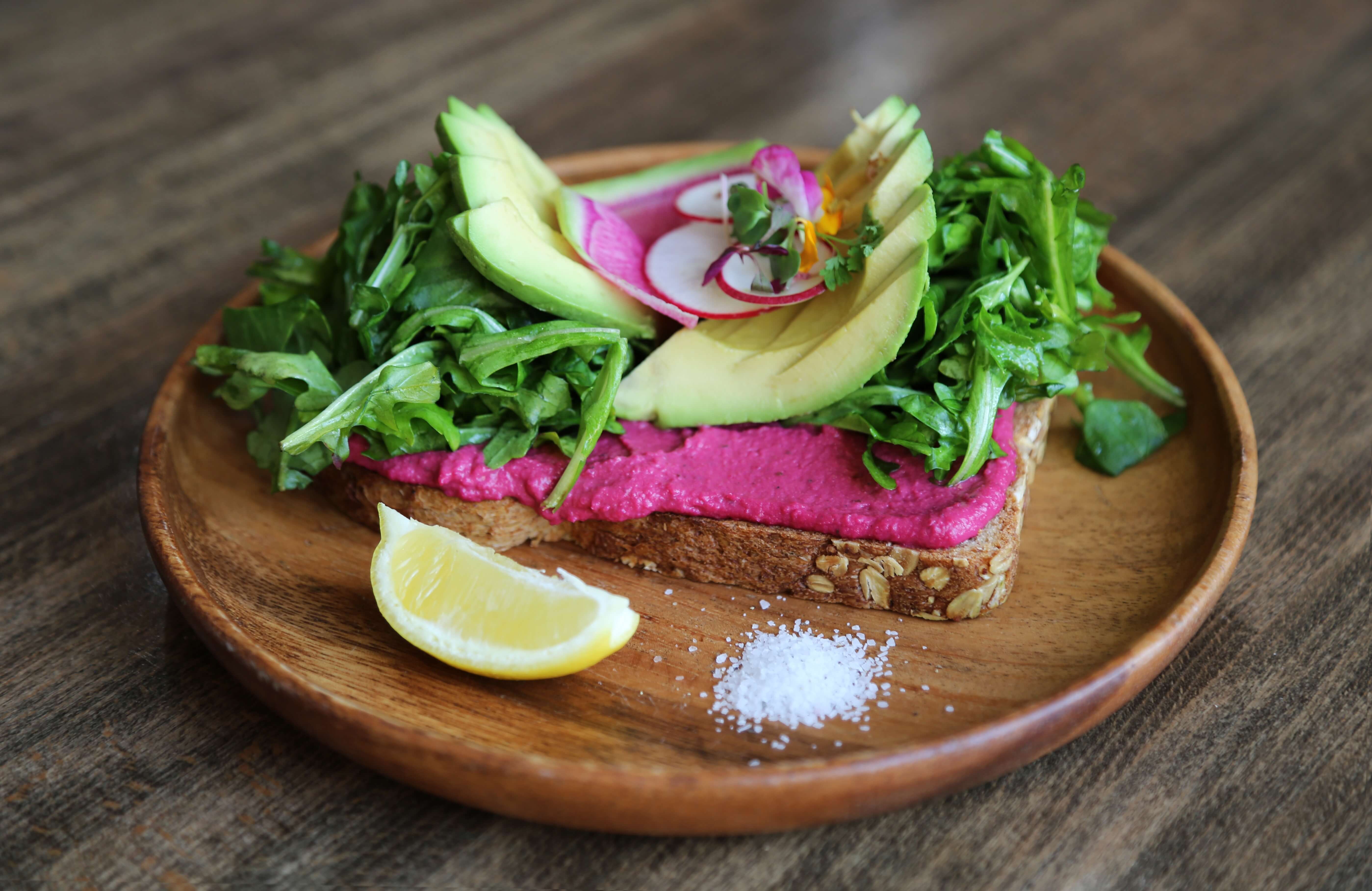
To Cook or To Juice?
Let’s not ‘beet’ around the bush. It does make a big difference if you use fresh or cooked beets. The nutrition content of a fresh beet is astronomically higher than cooked. This is why many ‘beeters’ choose to juice their ruby reds, although let’s be honest, beet juice every day can get old. That’s why I’ve included a few surprisingly delicious raw beet recipes to spice it up – check out the fun ideas at the end of this article!
Another thing to consider is that not all beets are created equal – they’re all going to have a little bit of a varied nutritional profile. There are canned beets (not recommended, they’re full of preservatives), cooked beets (still full of nutrition, but considerably less than fresh beets), and beet supplements or powdered beet drinks.
Yes, powdered beet drinks and supplements are a thing, and actually recommended by some sports nutritionists. Why? Because some people find that fresh beets give them gas.
Without overthinking it too much, let’s just say that the fresher, the more organic, and the more locally sourced you can get, the better… the old refrain (with a twist) stands: you are what you ‘beet.’
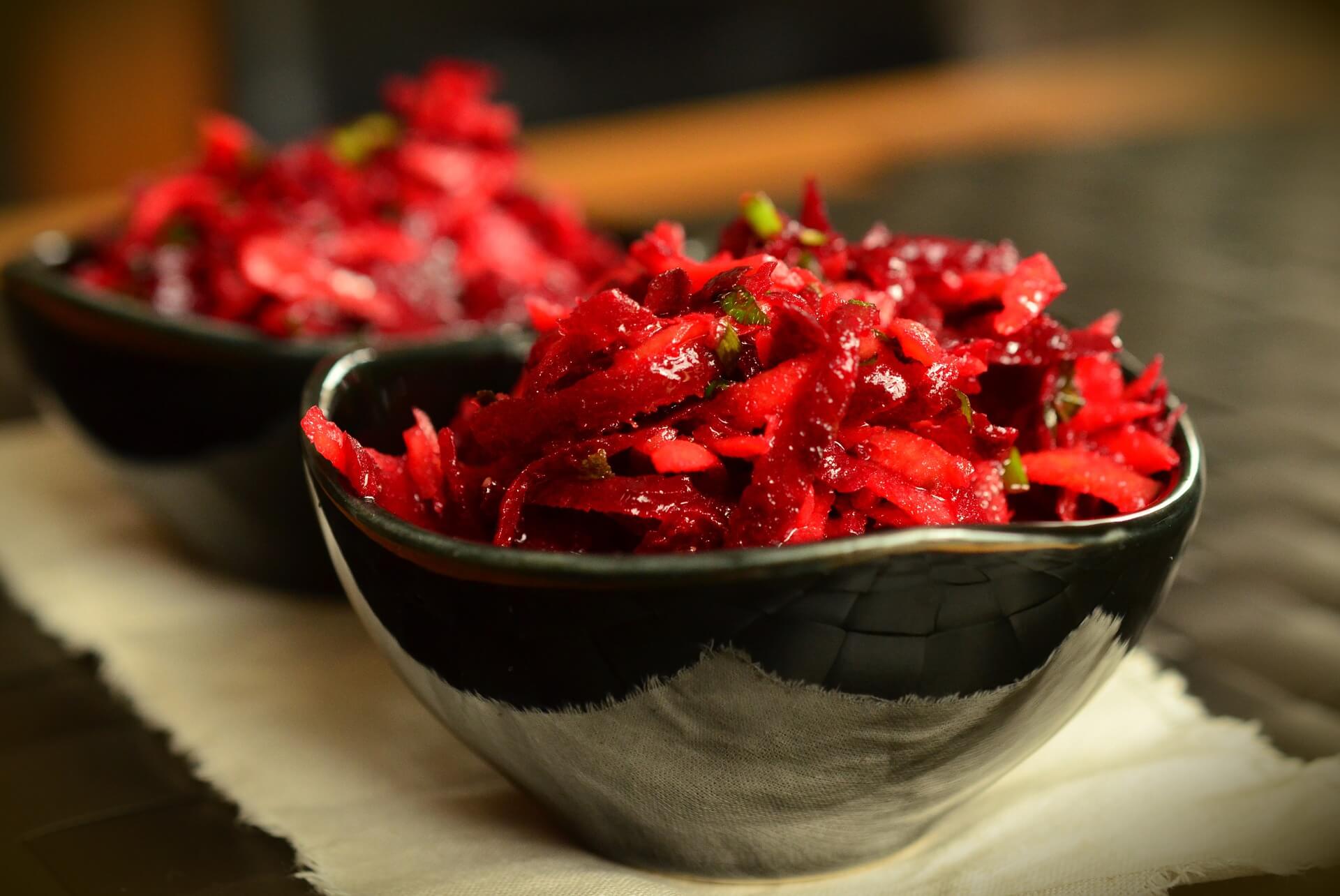
Important Notes to Remember
Blood pressure. Happily, one of the side effects of all this increased blood flow is lowered blood pressure. One study tested the effects of consuming beet nitrate on participants who already had a high blood pressure. The study found that consuming a cup of beet juice (approximately the same amount of nitrate as two whole beets) lowered the study participants’ blood pressure by about 10 millimeters – for up to 24 hrs.
Beets are a powerful dye. Be warned: you might be surprised the first time you visit the bathroom on your new beet ‘em diet. Don’t worry, it’s just the beets. (Fun fact: beet juice has been used as a naturally vibrant red dye since at least as far back as the 16th century.)
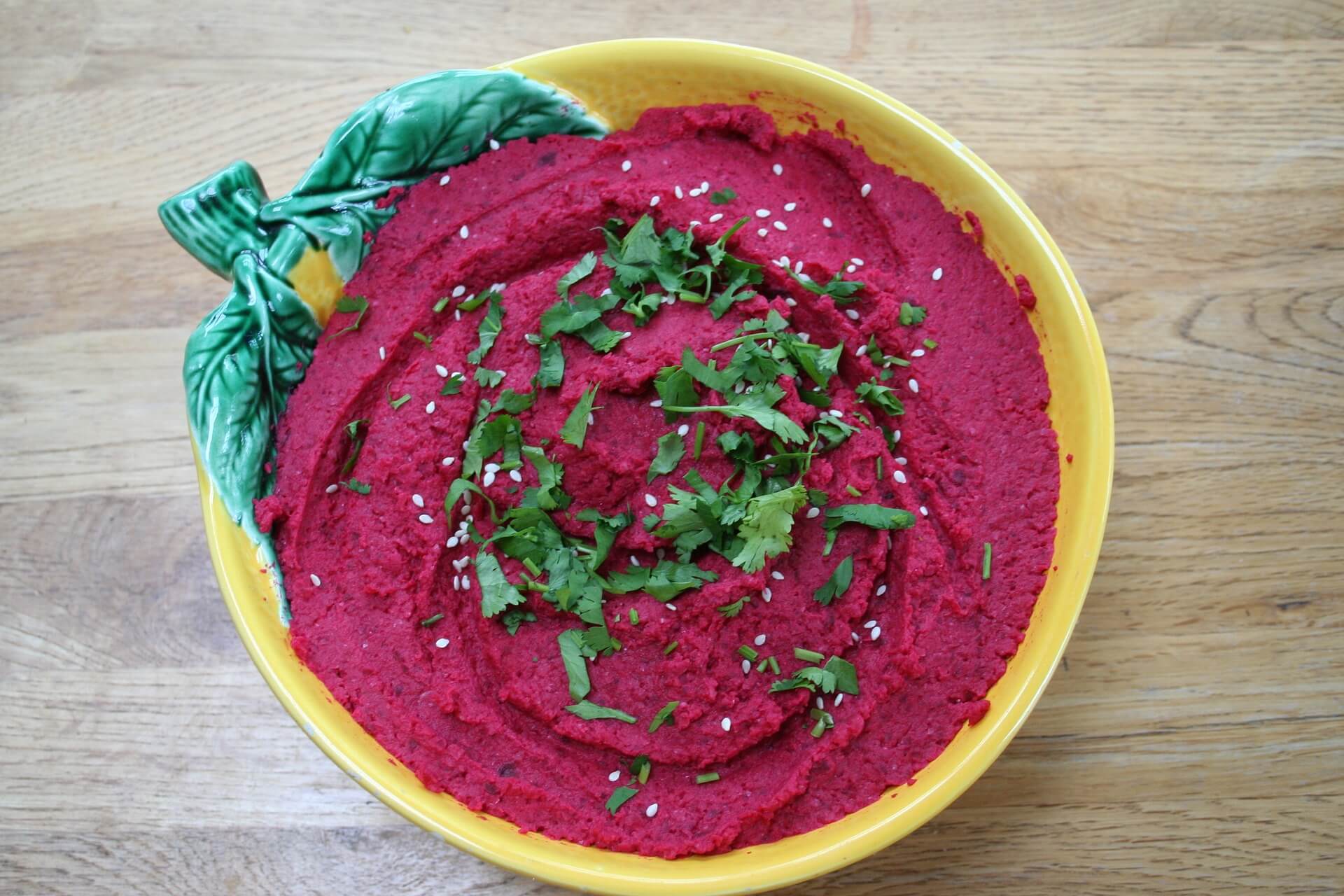
Beet, Drink & Be Merry Recipes
Not everyone wants to drink a glassful of beets every day (including me), so don’t ‘beet’ yourself up about it. Instead, try experimenting with your raw culinary skills a few times a week with the following recipes – you can even have your cake and ‘beet’ it, too!
- Chocolate Beet Cheesecake by www.unconventionalbaker.com
- Beetroot Hummus Dip by www.mrvitamins.com.au
- Beet, Goat Cheese & Green Apple Salad by www.baconismagic.ca
- “Can’t Beet Me” smoothie by www.runfasteatslow.com/blog
Sources
Latest Articles
 Is Running on a Treadmill Easier Than Running Outside?Runners have their own preferences, whether it is treadmill running, running outside on the road, or exploring trails. So...
Is Running on a Treadmill Easier Than Running Outside?Runners have their own preferences, whether it is treadmill running, running outside on the road, or exploring trails. So... Is It OK to Use Trail Running Shoes on the Road?While trail running shoes can be used on roads, especially in situations where a runner encounters mixed terrains or pref...
Is It OK to Use Trail Running Shoes on the Road?While trail running shoes can be used on roads, especially in situations where a runner encounters mixed terrains or pref... How to Fix Sore Quads After Running?Rest, ice, gentle stretching, and over-the-counter pain relievers can help soothe sore quads after running. Also, ensure ...
How to Fix Sore Quads After Running?Rest, ice, gentle stretching, and over-the-counter pain relievers can help soothe sore quads after running. Also, ensure ... 10 Fruits With The Most Electrolytes to Replace Sports DrinksThese fruits are high in electrolytes such as potassium, magnesium, and calcium, essential for hydration, muscle function...
10 Fruits With The Most Electrolytes to Replace Sports DrinksThese fruits are high in electrolytes such as potassium, magnesium, and calcium, essential for hydration, muscle function...

